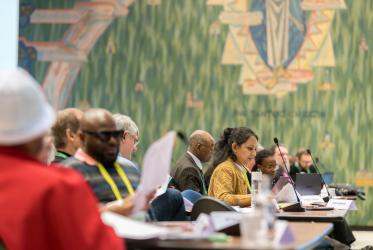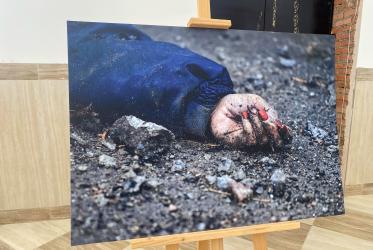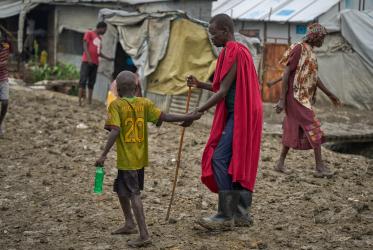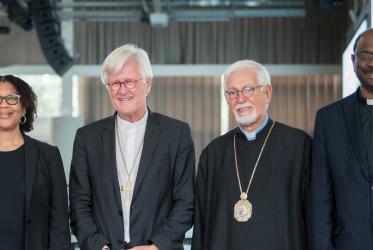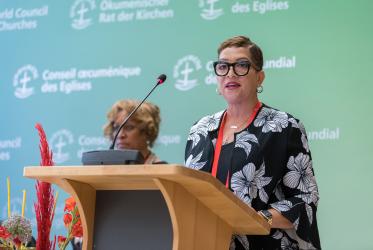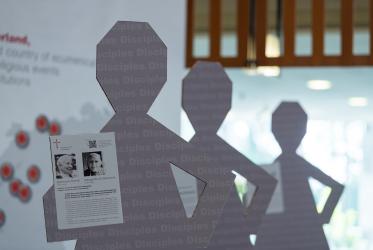Displaying 1 - 20 of 595
WCC met with Rainbow Pilgrims Group
27 March 2024
As femicide cases rises, Kenyan religious leaders move to act
06 February 2024
In Angola, WCC takes human rights approach to obstetric fistula
01 February 2024
Tackling sexual violence in war
14 December 2023
Beginning soon: 16 Days against Sexual and Gender-Based Violence
21 November 2023
WCC leaders step up as Thursdays in Black ambassadors
26 October 2023
